In an interview with Time magazine, President Donald Trump explained how he approaches tariffs and trade negotiations. I use the word “explained” with some trepidation, because explanations imply a certain delineation of reasoning, facts, and logic along with opinion and perspective. If you ask me to explain my support for abolishing rent control and I respond, “Because vests have no sleeves and turtles smell of elderberries,” have I really offered an explanation? Or have I merely revealed what passes for my thinking?
“We're a department store, a giant department store, the biggest department store in history,” Trump “explained” at great length. “Everybody wants to come in and take from us. They're going to come in and they're going to pay a price for taking our treasure, for taking our jobs, for doing all of these things.”
“I own the store, and I set prices,” Trump says. He will set those prices based on “statistics” and whatever else he—and he alone—deems relevant.
Now, suffice it to say, department stores don’t work like that, America is nothing like a department store, and the president is in no way the owner of America or its economy. Countries trading with America don’t “take” our treasure. They sell us things that millions of consumers and businesses need or want. Trump believes that because we buy more foreign goods (he ignores our trade surplus in services) than foreigners buy from us—i.e. trade deficits—is proof we’re being “ripped off.” If that were true, every time you handed over your money for a coffee or a car, you’d be robbed. But you’ve heard these arguments before.
We’ve heard far less about how Trump’s economic “philosophy” is a fundamental repudiation of American conservative economic and political philosophy going back more than a century. We certainly haven’t heard this from most Republican politicians, even though we would if a Democratic president were philosophizing and setting tariffs along the same lines.
Trump’s defenders often say we should take him not literally but seriously. Fair enough. I am fine with conceding he doesn’t literally think America is a department store. But he clearly thinks this analogy captures some basic truth about not only how trade and macroeconomics work, but also about his ability to outsmart the market. I don’t just mean the stock market. I mean the whole capitalist order. He—and he alone—knows how much steelmakers and coffee brewers, car manufacturers and car buyers, should pay for what they need, when they need it.
Despite its crudely cartoonish form, Trump’s analogy is the essence of left-wing economic thought going back a couple centuries. The more sophisticated versions concede that a president alone cannot know enough to make such decisions. But a president relying on a team of experts and planners, equipped with the best data and techniques? Absolutely.
Forget bogeymen like Karl Marx or the Bolsheviks. The basic assumption that experts can know best has served as the economic leitmotif of the broad left for all of the last 150 years. The German historicists, English Fabian Socialists, the American Progressive Party and New Dealers, the Atari Democrats of the 1970s and the abundance Democrats of today: To one extent or another, they all have held that economic planners and politicians can direct the economy from above better than a policy of laissez-faire can from below.
Normally, what we should be hearing from a Republican president and his supporters is the competing view, relying on the sorts of arguments made by the likes of Adam Smith, Frederic Bastiat, Henry Hazlitt, Friedrich Hayek, Milton Friedman and Thomas Sowell. For them, the amount of information and economic coordination that goes into the price of a loaf of bread is too great, too complex, and too fast-moving for a bureaucrat or a whole bureaucracy to plan around with better results than a free market. This is what Hayek famously called “the knowledge problem.”
Moreover, it formed the heart of the economic pillar of the case for the free society. An integral part of liberty is the assumption that individuals and businesses know their interests better than some politician or bureaucrat, Hayek again: “It is because freedom means the renunciation of direct control of individual efforts that a free society can make use of so much more knowledge than the mind of the wisest ruler could comprehend.”
Today, the default position of many on the right, to their extreme discredit, would be to amend that quote with “unless that ruler is Donald Trump.”
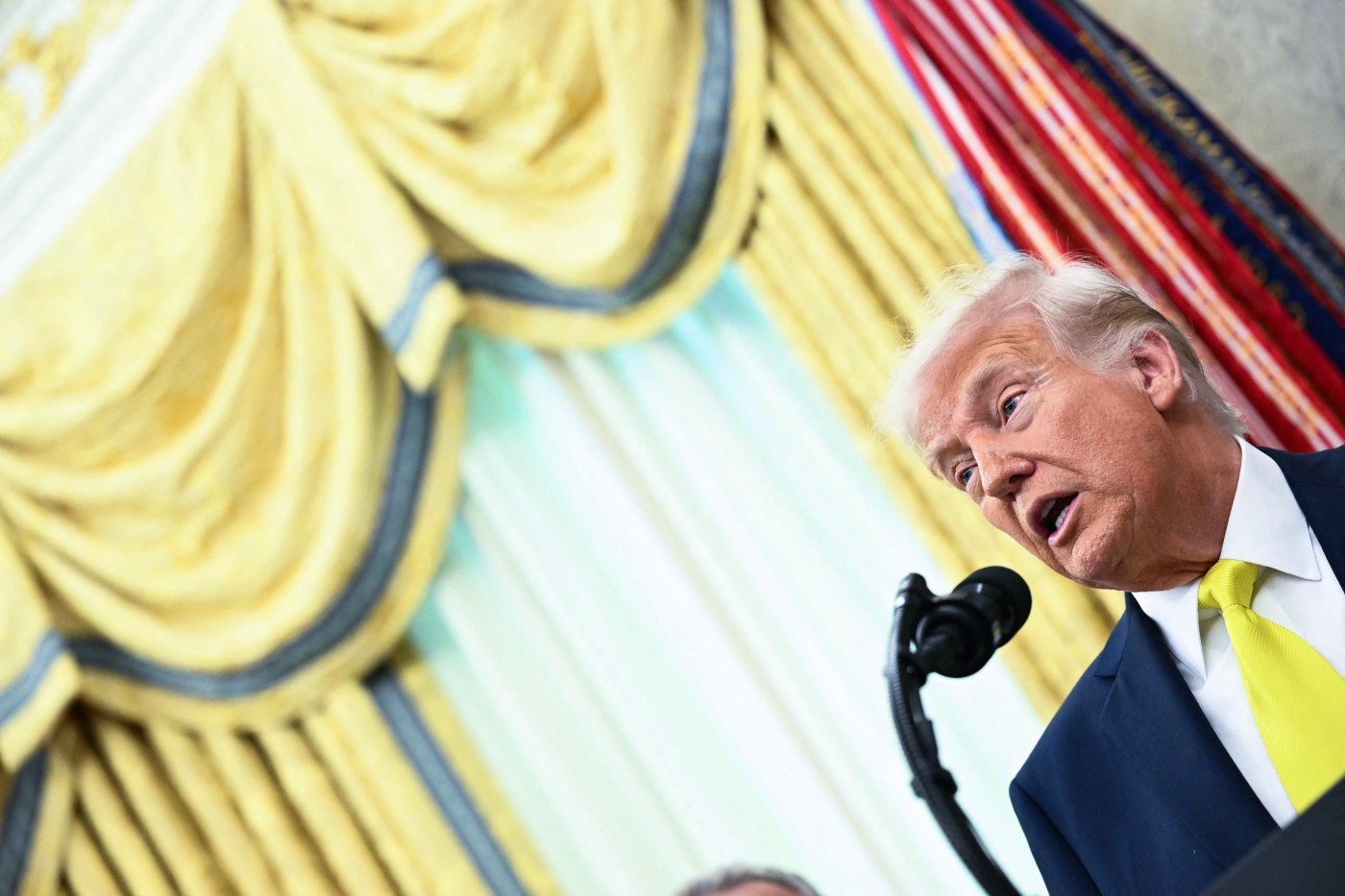


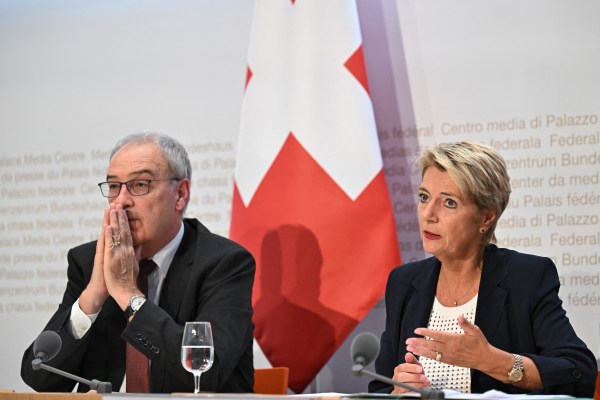
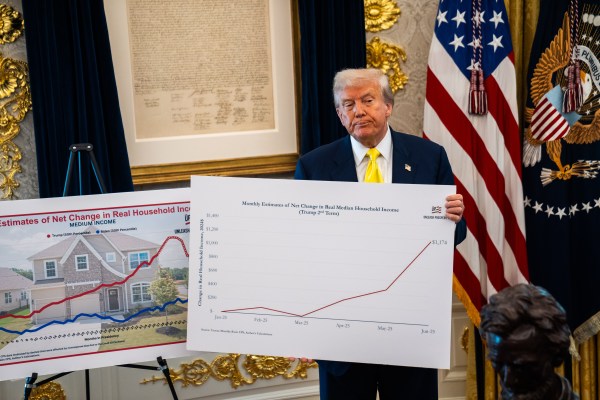
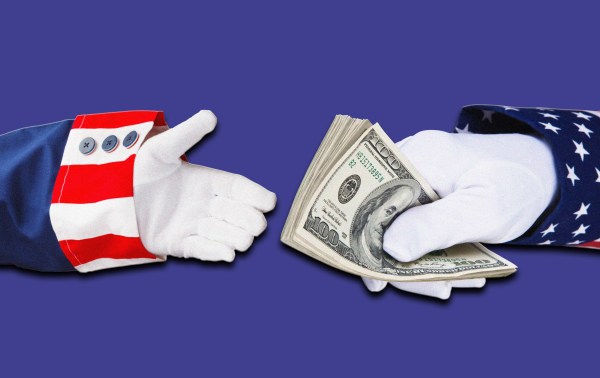
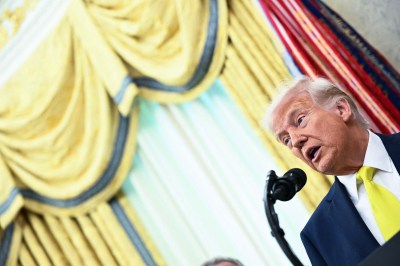
Please note that we at The Dispatch hold ourselves, our work, and our commenters to a higher standard than other places on the internet. We welcome comments that foster genuine debate or discussion—including comments critical of us or our work—but responses that include ad hominem attacks on fellow Dispatch members or are intended to stoke fear and anger may be moderated.
With your membership, you only have the ability to comment on The Morning Dispatch articles. Consider upgrading to join the conversation everywhere.